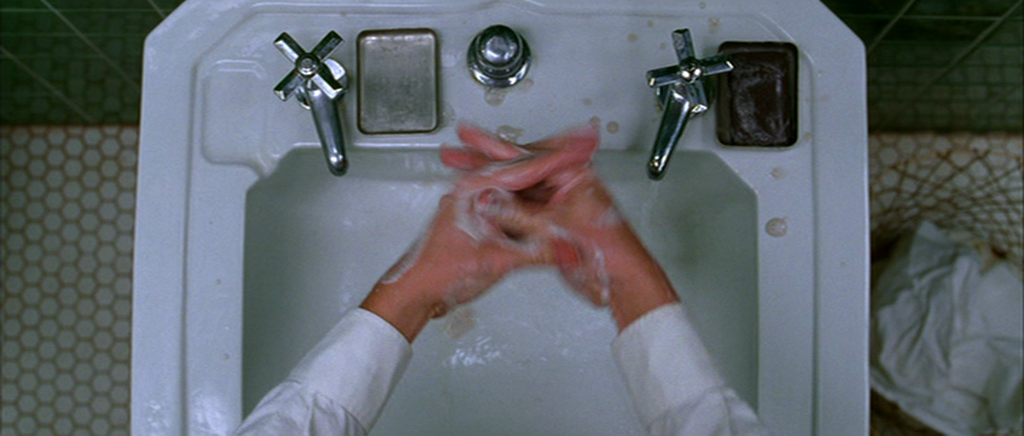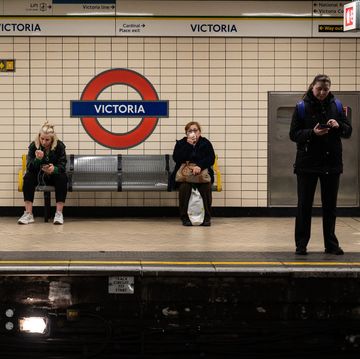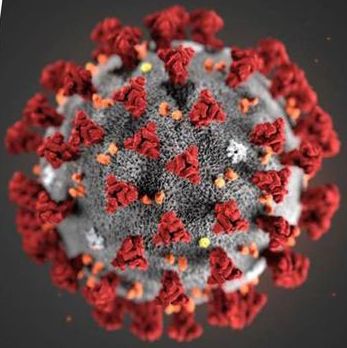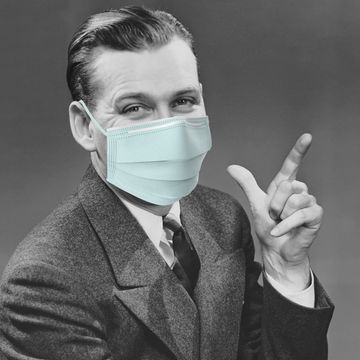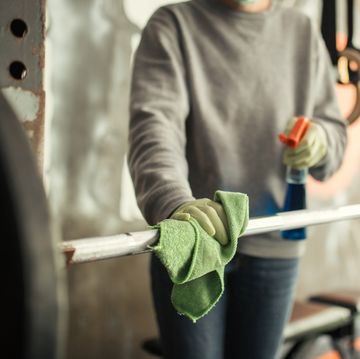You need to self-isolate if you have, or show symptoms of, Coronavirus (Covid-19), and there are now new updated rules to follow when staying at home to prevent further spread of the virus.
To self-quarantine properly, official advice has been released by Public Health England (PHE), following the government's Cobra meeting last week (12 March 2020) during which it was announced that the UK is now in the 'delay' phase of its action plan.
The most common symptoms of coronavirus are thought to be a new continuous cough and/or high temperature. PHE states that for most people, coronavirus will be a mild infection. New government guidelines state that now, anyone showing symptoms mentioned above, however mild, should not leave their home for seven days from when the symptoms started.
PHE, an executive agency sponsored by the Department of Health and Social Care, provides evidence-based professional, scientific expertise and support to protect and improve the nation’s health and wellbeing.
PHE has updated the following guidance for all individuals – including those with symptoms of coronavirus and those with a diagnosis of infection – on how to self-isolate at home.
You should not go to work, school, or public areas, or use public transport or taxis, and you cannot go for a walk.
If you share a house with family or friends, you should stay at least two metres (about three steps) away from other those members if possible. You should also sleep alone.
For groceries, shopping or other medication, it is advised that you ask for help, or order by phone or via online delivery. Please remember to tell delivery drivers to leave items outside for collection if you order online – the driver should not come into your home.
Family home
You should stay in a well-ventilated room with a window that can be opened, separate from other people in your home. Keep the door closed but try to keep the window open as much as possible to keep clean air circulating throughout your room.
You should also aim to use separate facilities from the rest of the household, especially a separate bathroom. If a separate bathroom is not available, PHE suggests drawing up a bathroom rota for washing or bathing. The isolated person should use the facilities last, before thoroughly cleaning the bathroom themselves, if able to.
Basic instructions also state that the isolated person should use separate towels from other household members, both for drying themselves after bathing or showering and for hand hygiene purposes.
IMPORTANT: If you cannot stay in a separate room aim to keep two metres (three steps) away from the other people in your house.
Shared accommodation
If you live in shared accommodation (flatshare, university halls of residence, or similar) with a communal kitchen, bathroom(s) and living area, you should stay in your room with the door closed. Aim to minimise the time you spend in shared spaces and only come out of your room when necessary.
For shared kitchens, if possible, avoid using it whilst others are present. You should take all your meals back to your room to eat.
When washing up, use a dishwasher (if available) to clean and dry your used crockery and cutlery. If, however, this is not possible, you should wash them by hand using washing up liquid and warm water and dry them thoroughly, using a separate tea towel.
Children, elderly, vulnerable or pregnant women
"Keep following this advice to the best of your ability, however we are aware that not all these measures will be possible," explains PHE. "What we have seen so far is that children with Covid-19 appear to be less severely affected. It is nevertheless important to do your best to follow this guidance.
"If your child develops symptoms, they need to stay at home for seven days from the onset of their symptoms. If you provide care to an elderly, vulnerable or pregnant person, keep following this advice to the best of your ability."
While you are not allowed to go out for a walk in the local area, you are allowed to go into your garden, if you have one. PHE advises: "If you have your own garden it is fine to use it as long as you keep two metres away from other members of your household. If possible they should use the outside area separately."
PHE's updated statement regarding the use of face masks is as follows: "We do not recommend the use of face masks as an effective means of preventing the spread of infection. Face masks play an important role in clinical settings, such as hospitals, but there’s very little evidence of benefit from their use outside of these settings. However, if you receive external care you may be asked to wear a mask to minimise the risk to your carer."
You should cover your mouth and nose with disposable tissue when you cough or sneeze. You should dispose of all tissues into a waste bag and immediately wash your hands with soap and water for at least 20 seconds, or use a hand sanitiser.
REMEMBER: You should wash your hands often and thoroughly.
These are the items you should not be sharing:
- dishes
- drinking glasses
- cups
- eating utensils
- towels
- bedding
Laundry, bedding and towels should be washed per manufacturer’s instructions. Dirty laundry that has been in contact with an ill person can be washed with other people’s items.
But you should not shake dirty laundry, to minimise the possibility of dispersing the virus through the air.
If it is not possible to wash your laundry, PHE explains: "If you do not have a washing machine, wait a further 72 hours after your 7 day isolation period has ended when you can then take your laundry to a public laundromat."
All waste that has been in contact with the individual who is self isolating, including used tissues and disposable cleaning cloths, should be put in a disposable rubbish bag and tied when full. The bag should then be placed in a second bin bag and tied securely, and kept separate from other waste in your room.
You should not dispose of the bin bag for at least 72 hours, after which you can put it in your usual external household waste bin.
Other household waste can be disposed of as normal.
PHE explains: "At present, there is no evidence that companion animals/pets such as dogs and cats can be infected with coronavirus (Covid-19)."
Do not invite or allow visitors to enter your home – only those who live in your home should be allowed to stay. Alternatively, if urgent, contact the relevant person over the phone or use social media.
The information in this story is accurate as of the publication date. While we are attempting to keep our content as up-to-date as possible, the situation surrounding the coronavirus pandemic continues to develop rapidly, so it's possible that some information and recommendations may have changed since publishing. For any concerns and latest advice, visit the World Health Organisation. If you're in the UK, the National Health Service can also provide useful information and support, while US users can contact the Center for Disease Control and Prevention.
For more advice, visit the following recommended websites:
Like this article? Sign up to our newsletter to get more delivered straight to your inbox
